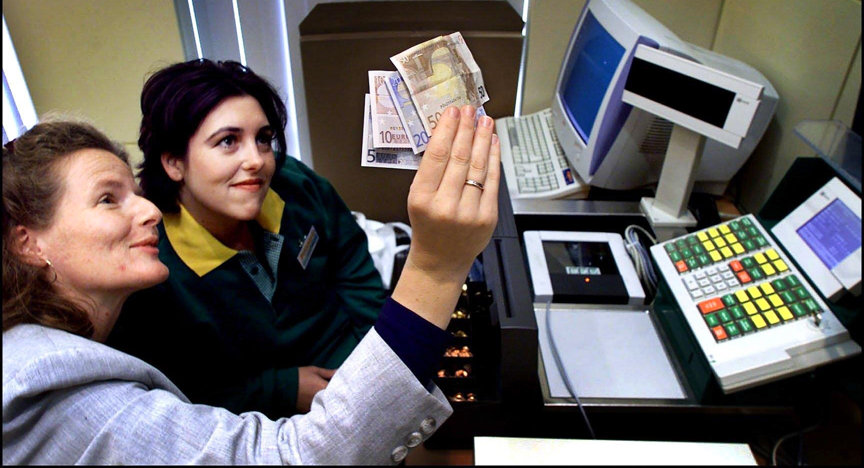Dutch public are positive about the euro
The Dutch remain confident in the euro, even in times of economic uncertainty. This is according to a recently published survey by Eurobarometer, the European Commission’s survey instrument. It also shows that support for the single currency in the euro area is at its highest level on record.
Published: 18 June 2025

© ANP
The euro: more than just money
The euro has been used as a daily means of payment in European Union Member States since January 2002. It is currently used in 20 countries. The adoption of the euro is a tangible result of the Economic and Monetary Union (EMU), which aims to strengthen economic cooperation and integration within Europe. The euro not only has practical advantages, such as enabling people to pay with a single currency in multiple countries, but also promotes trade between these countries.
Across the euro area, more than 8 out of 10 people support the euro. In 2011, after the financial crisis and during the subsequent euro crisis, confidence in the euro was under pressure, partly due to rising government debts. At the time, only 6 out of 10 people had a positive opinion of the euro. Since then, the European economy has navigated several difficult periods, such as Brexit, the COVID-19 crisis, the war in Ukraine and surging inflation, and confidence in the euro has increased.
The Dutch support the euro
Confidence in the euro has also long been high in the Netherlands. The latest survey shows that almost 7 in 10 people in the Netherlands think the euro is good for our country. This is below the euro area average, but only marginally. Confidence in the euro in the Netherlands dipped around the financial crisis, but has since recovered.
The euro has many economic advantages for our country. For example, Dutch companies benefit from the elimination of exchange rate risks and transaction costs when trading with other euro countries. According to a DNB analysis the EMU has significantly boosted Dutch exports to other euro area countries.
Discover related articles
DNB uses cookies
We use cookies to optimise the user-friendliness of our website.
Read more about the cookies we use and the data they collect in our cookie notice.